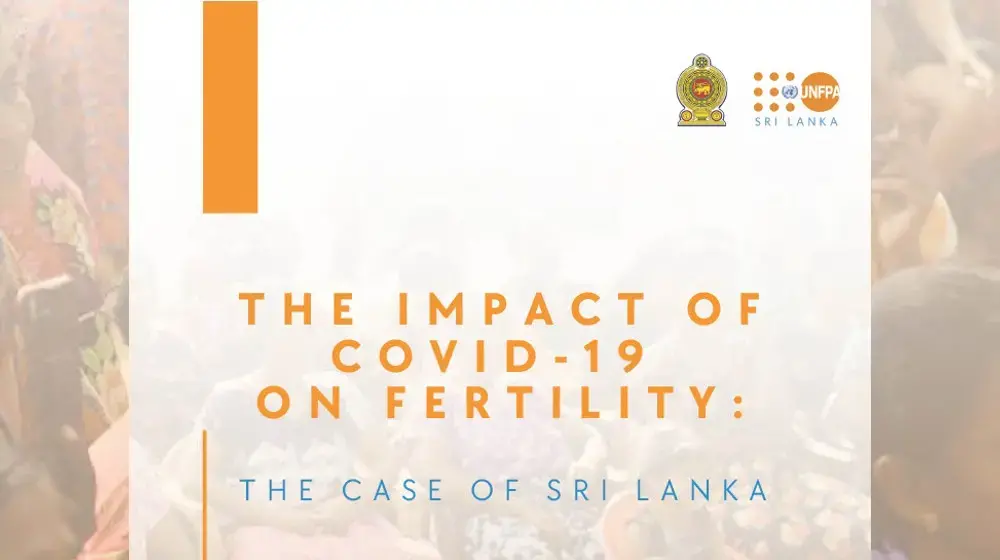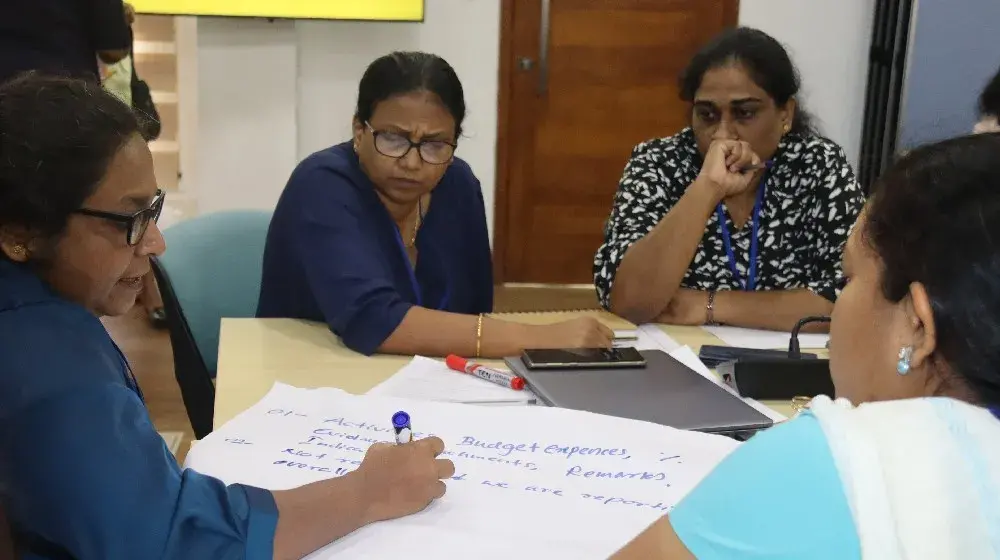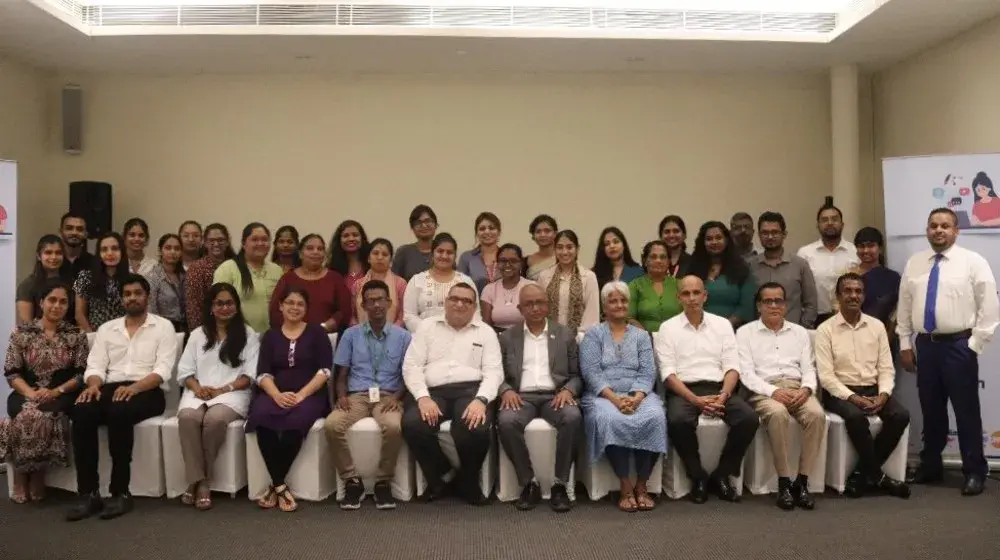COLOMBO, Sri Lanka (28 May 2021): Good menstrual hygiene management matters in all areas of life. To mark Menstrual Hygiene Day (28 May) UNFPA partnered with the Sri Lanka Masters Women Hockey Team to advocate for better access to information and services for all women and girls of Sri Lanka.
Menstruation is a natural process that is a normal part of every woman’s life during reproductive age. Yet, many women and girls in Sri Lanka lack the information and services they need to manage their menstruation with normalcy and with dignity.
According to a UNICEF and WaterAid study, 60% of parents in Sri Lanka do not allow their daughters to go to school during their first period, and 80% of teachers think that bathing should be avoided during menstruation. Such taboos and misinformation affect the menstrual hygiene of women and girls, and undermine gender equality. It leads to discrimination, causing women and girls to miss out on opportunities in education, sports, and work.
According to a study conducted by the Lanka Market Research Bureau (LMRB), only 29% of households purchased sanitary napkins in a month. This shows that the predominant method of menstrual hygiene is the use of cloth due to lack of access to other products. The use of cloth is unhygienic if used incorrectly and carries health risks such as reproductive tract infections that could impact pregnancies.
Speaking on the day, UNFPA Representative of Sri Lanka, Ms. Ritsu Nacken stated, “UNFPA is committed to supporting a comprehensive and gender transformative approach to menstrual health management that not only facilitates appropriate infrastructure but also addresses the challenges of gender norms, myths, and stigma. Partnering with the Masters Women Hockey Team is a good opportunity to challenge gender norms and break myths around menstruation and women in sports.”
Highlighting the partnership, Secretary of the Masters Women Hockey Team, Ms. Ruwaiza Sela stated, “Women often face stereotypical ideas and prejudices in professional sports, with menstruation being one such barrier. We’re happy our team could shed light on this issue by collaborating with UNFPA. With increased access to good menstrual hygiene management, more women will be able to participate in professional sports.”
UNFPA will continue to work closely with the Government of Sri Lanka and other partners to advocate for solutions that ensure women and girls have comprehensive access to information and services related to their bodies and rights, especially in emergency contexts such as COVID-19 when access to services and information is further disrupted.




